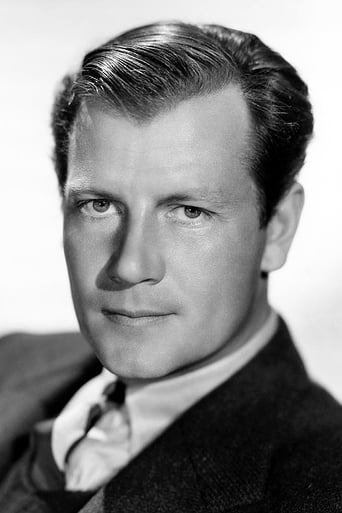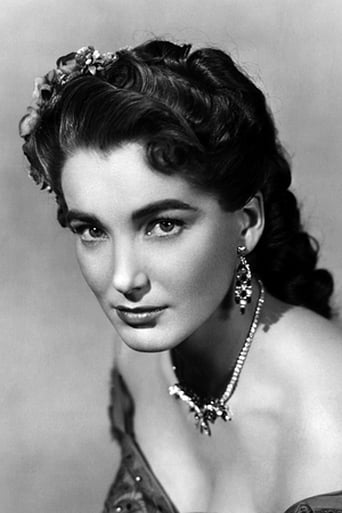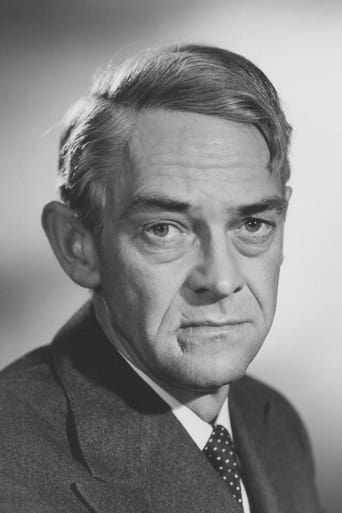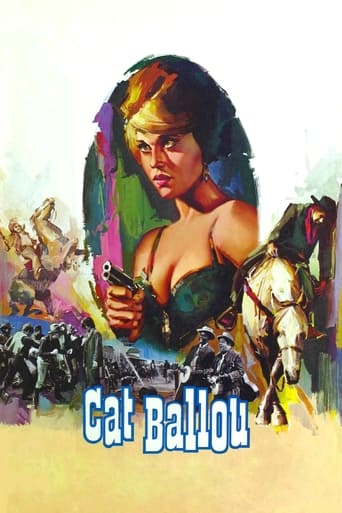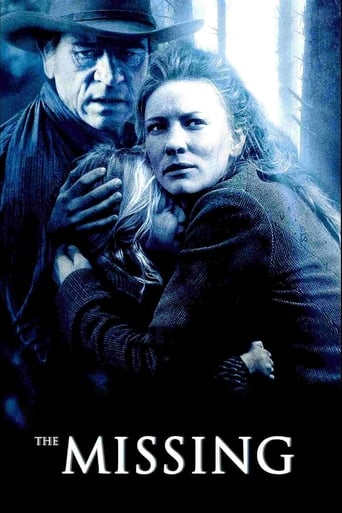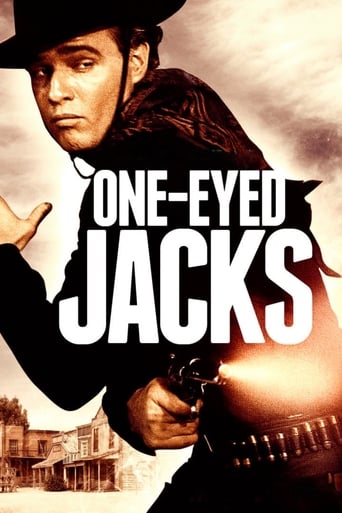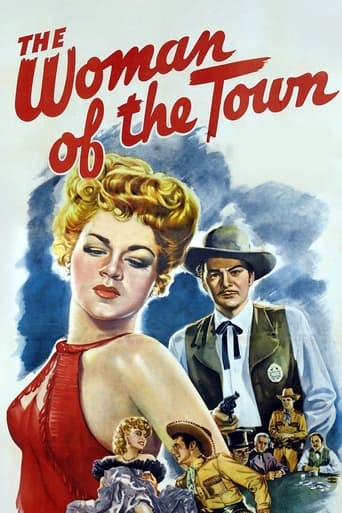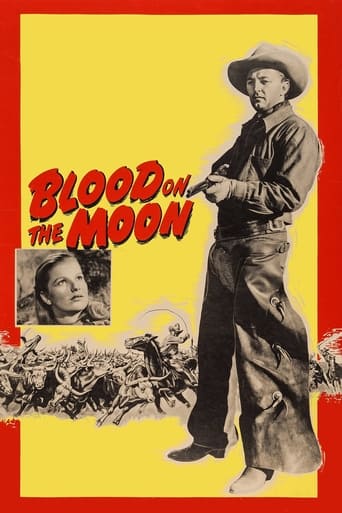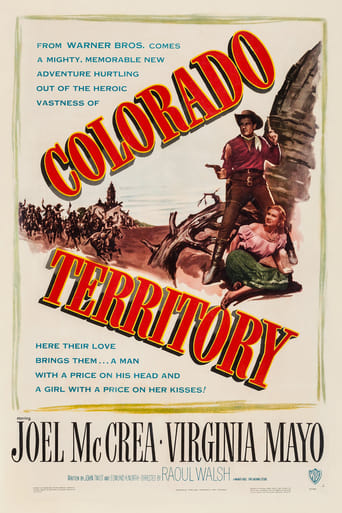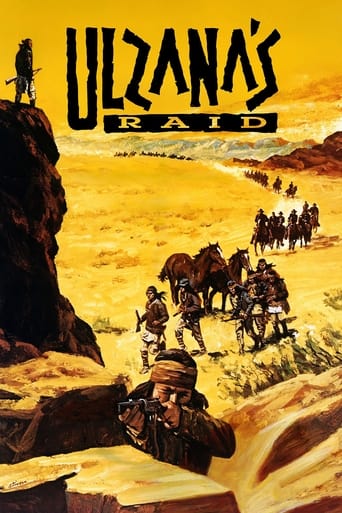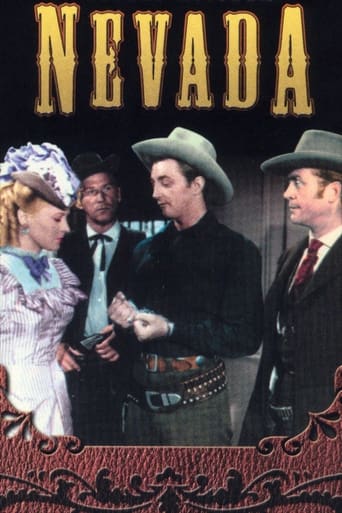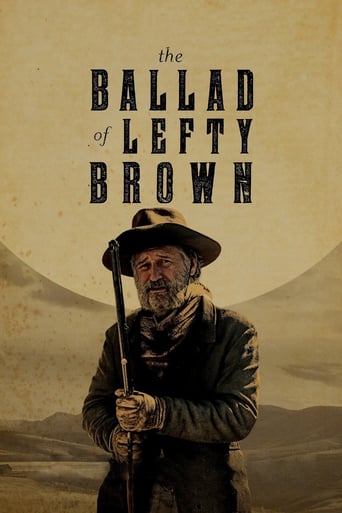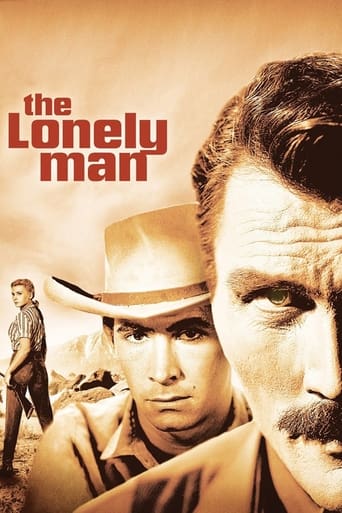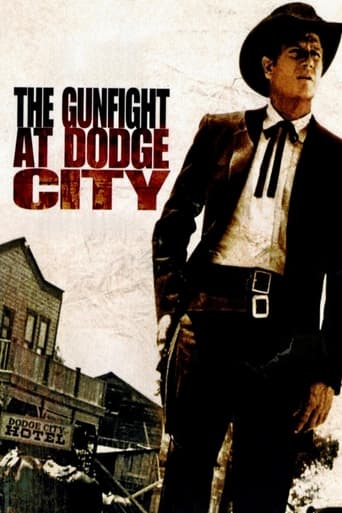
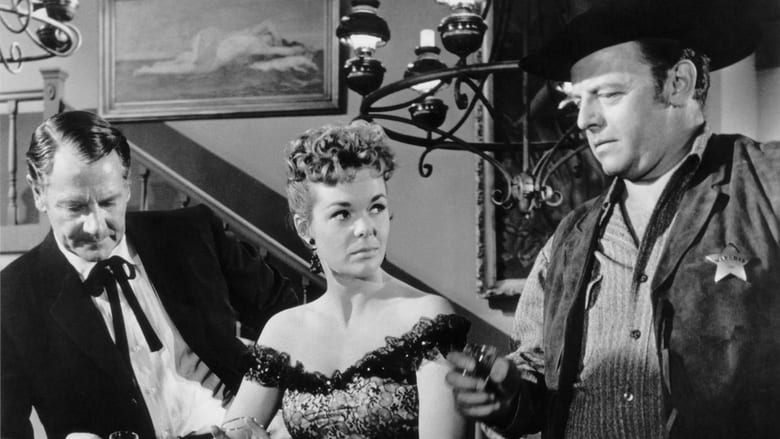
The Gunfight at Dodge City (1959)
Fleeing to Dodge City after killing a man in self defence Masterson finds his brother Ed (Harry Lauter) running for sheriff of the town. When Ed is killed by hired guns of the corrupt incumbent Bat is determined to settle the score with violence but he is convinced by the townspeople that the best way to avenge his brother's death is by taking Ed's place on the ballot. Bat agrees and wins the election but his new role on the right side of the law will lead him to unexpected confrontations as he finds himself torn between his loyalties to his friends and his duties as sheriff.
Watch Trailer
Cast


Similar titles
Reviews
Such a frustrating disappointment
what a terribly boring film. I'm sorry but this is absolutely not deserving of best picture and will be forgotten quickly. Entertaining and engaging cinema? No. Nothing performances with flat faces and mistaking silence for subtlety.
The acting in this movie is really good.
This film is so real. It treats its characters with so much care and sensitivity.
"Virginian" star Joel McCrea displays his virile charisma as legendary frontier lawman 'Bat' Masterson in "Fort Massacre" director Joseph M. Newman's an above-average but often predictable "The Gunfight in Dodge City," that Walter Mirisch produced a couple of years after John Sturges' superlative shoot'em up "Gunfight at the O.K. Corral with Burt Lancaster and Kirk Douglas. Mind you, "Gunfight at the O.K. Corral" was casual about its fidelity to facts, and "Two Guns and a Badge" scenarist Daniel B. Ullman and "Fort Massacre" scribe Martin Goldsmith are just as guilty. Indeed, Dodge City, Kansas, existed, and there was a 'Bat' Masterson as well as an Ed Masterson. However, Ullman and Goldsmith have altered the circumstances around Ed's unfortunate demise to stimulate conflict on our hero's motivation to eliminate the culpable adversaries. The production values are better-than-average, and the cast features several familiar faces, even those lurking on the periphery. Look for Robert Mitchum's younger brother John, for example, as a boisterous cowboy eager to whoop it up. Aside from seasoned western veteran Joel McCrea, the cast includes John McIntire, Richard Anderson, James Westerfield, Walter Coy, Don Haggerty, and the always dependable Harry Lauter as Ed Masterson. Basically, aside from the general facts, "The Gunfight at Dodge City" amounts to a dusty, standard-issue horse opera about the taming a wild cattle town and the evils of killing. Newman confines the action to a trim 81, so neither it nor he wear out their welcome. "Shoot-Out at Medicine Bend" lenser Carl E. Guthrie deploys his Cinemascope lens for the best effect, and this western looks better than it deserves. Western aficionados will notice that our hero is caught between the two typical women--the saloon girl and a preacher's daughters--and the outcome clashes with what usually occurs in a western. If you enjoy westerns, you'll find that Newman handles with clichés with competence.
I enjoyed this. It provides everything one expects from a Western: good plot, revenge, love, conflict between law and personal conscience, plenty of gun-play, and mood. And a few excellent quotes. Try: "The distance between here and that street is the distance between a rabbit and a man." The beginning is refreshing too. Before the title and opening credits, a world-weary McCrea is telling a simple teenage boy who admires his prowess with a gun what it really is like. How scared one is, how little it has to do with heroics, and how awfully wretched one feels afterwards. In this film, the gunfights are fast, and mostly in the dark. That's probably more accurate than so many more overblown sequences in other films. The performances on everyone's part, even the baddies', are in many ways unexpectedly subtle. Take Regan, the bad Sheriff. Look at his strange, tormented eyes. None of it's overplayed. If it's raining outside, get out the popcorn and curl up with this.
Technically well-made, first-class production values, viewed wide-screen it is impressive. As a legitimate effort from the grand days of the Western film, it doesn't deserve its near-forgotten status. However, despite good acting by McCrea and especially by Julia Adams this movie suffers from being a bit too formula overall and too superficial in its psychological aspects.The way Masterson rides back to town in the end and faces everything is very manly and should have more impact. McCrea was certainly an actor capable of delivering such an impact. But the director has made this with a glossed-over style as if he is just skimming the surface, rather than with cinematic impact in mind. See the classic "High Noon" for such an ending done more effectively.Many psychological westerns are successful, however this one has so little psychological conflict between the protagonists (Masterson and the first Sheriff) that the result is merely a formulaic western punch-out relationship between the good guys and bad guys.Julia Adams delivers a fine acting performance. She and McCrea do a great job. Their performances are really the chief reasons for you to watch this. McCrea was a subtle and effective actor, and here he foreshadows his work in the legendary "Ride The High Country" a few years later.
Absent from this film are Wyatt Earp, Masterson's close friend and colleague in Dodge City, and Masterson's dapper clothing, a lifelong trademark, two major flaws in the film. His avoidance of public office doesn't ring true, either. The plot itself takes considerable liberties with the truth. (The television series "Bat Masterson" was closer to the truth in spirit and sometimes in fact.)However, McCrea's intelligent and introspective portrayal of Masterson is on the mark. The acting of him and the rest of the cast carry the film, which is saddled with uninspired direction.


